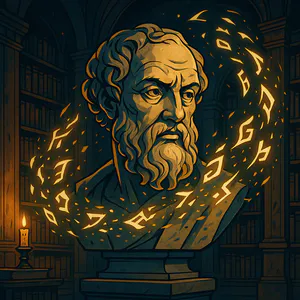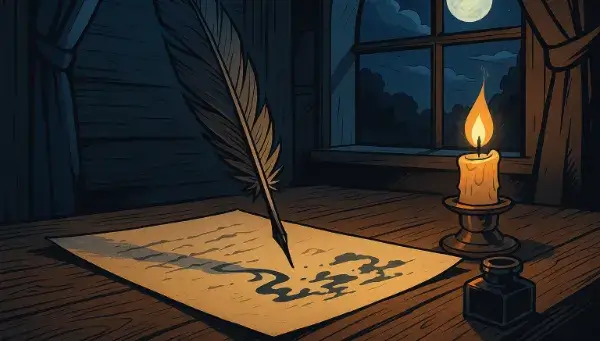Generate quotes
More Various Name Generators- <% result.name %>
Discover all Story Shack apps
Finding the Right Quote
Need wisdom or wit? Consider:
- What tone—serious, uplifting, or humorous—do you want?
- Should the quote be short and punchy or more elaborate?
- Which themes—love, courage, or creativity—resonate?
- Do you need attribution or is an anonymous quote fine?
- Will it suit social media, writing prompts, or speeches?
Quote Generator FAQs
Common questions about using the Quote Generator:
How are quotes selected?
They’re drawn from a curated database of public-domain and attributed quotes across genres and eras.
Are attributions included?
Yes—each quote shows its author or source when available for proper attribution.
Can I filter by theme?
Not currently; regenerate until you find a quote that fits your desired theme or tone.
How many quotes can I generate?
Unlimited—click to browse infinite sources of inspiration.
How do I copy or save?
Click the quote to copy it and author, or click the heart icon to bookmark it for later.
What are good quotes?
There's thousands of random quotes in this generator. Here are some samples to start:
- Time flies, whether you’re wasting it or not. - Crystal Woods
- To be successful in life what you need is education, not literacy and degrees. - Munshi Premchand
- The world hates change, yet it is the only thing that has brought progress. - Charles Kettering
- You are not a drop in the ocean. You are the entire ocean in a drop. - Rumi
- Be true to who you are.
- Intelligence plus character – that is the goal of true education. - Martin Luther King Jr
- The mind is everything. What you think you become. - Buddha
- Guests, like fish, begin to smell after three days. - Benjamin Franklin
- Failure is success if we learn from it. - Malcolm Forbes
- What is once well done is done forever. - Henry David Thoreau
About the creator
All idea generators and writing tools on The Story Shack are carefully crafted by storyteller and developer Martin Hooijmans. During the day I work on tech solutions. In my free hours I love diving into stories, be it reading, writing, gaming, roleplaying, you name it, I probably enjoy it. The Story Shack is my way of giving back to the global storytelling community. It's a huge creative outlet where I love bringing my ideas to life. Thanks for coming by, and if you enjoyed this tool, make sure you check out a few more!








































































